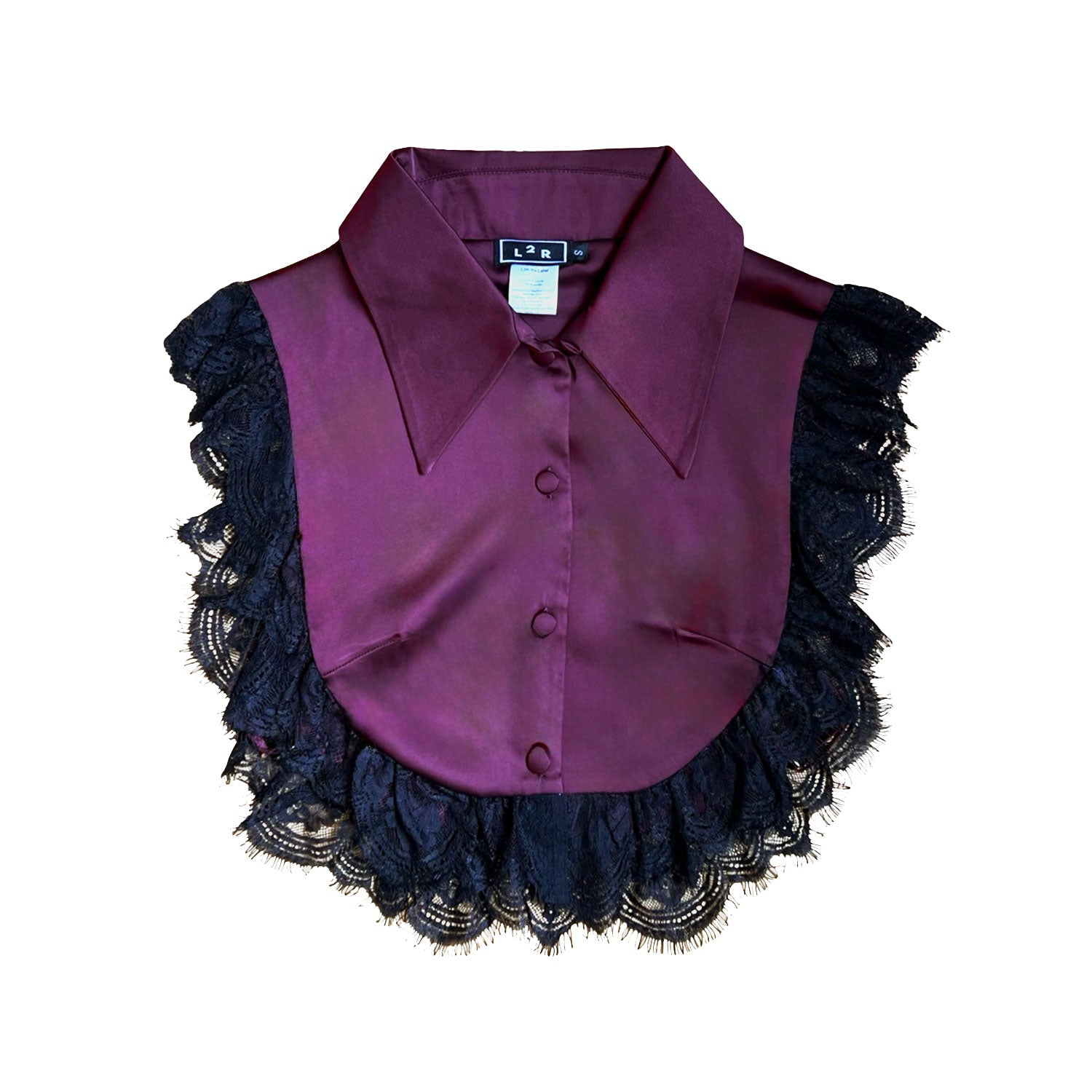A simple guide to keeping your carbon footprint low through the holidays - and always!
It is no secret that recycling can be a difficult task without knowledge of proper recycling procedures. We all know that recycling can play a part in reducing our environmental impact but regrettably, there are many things that we want to be recyclable that simply are not, from a plastic shopping bag to an oily cardboard pizza box.
Mixing in objects that cannot be recycled is one of the most harmful things to the recycling process and is referred to as ‘aspirational’ recycling. These objects will contaminate recycling batches, often delaying the recycling process and resulting in additional waste. Equally as harmful to this process are items that are recyclable but were not properly handled before finding their way into the recycling bin.
Luckily, sometimes all it takes to work out these kinks is a little more information- that is why we have put together a ‘How To’ guide with some of the do’s and don’ts of recycling to get you through this holiday season and every day after.

- Always aim to reuse before recycling
- Recognize any exceptions (non-recyclables)
- Remove all food and liquid contaminants
- Reference local recycling requirements
- Recycle electronic waste immediately
- Find a place for mixed materials
- Know what is hazardous waste
- Do not bag your recyclables
These Golden Rules are a solid starting point, but you may still be asking yourself “What can and cannot be recycled, and what care needs to be taken when recycling each individual item?” Fortunately, we are here to help answer these questions with a list of the most common types of material waste, along with hard rules and simple recycling steps for each of them.

- Not all forms of plastic can be recycled. PET (Polyethylene Terephthalate) is the most common form of plastic and is recyclable
- Recyclable plastic will often have the chasing arrows sign, though this can occasionally be incorrect
![]()
- Plastic must be clean and dry and have the cap back on before recycling
- Recycle plastic by shape: bottles, jars, jugs, tubes, etc.
- Plastic bags are the number one contaminant for plastic. Clean and dry plastic bags with a #2 or #4 may be recycled at CHaRM and at participating grocery stores
- Holiday tip - Exchanging gifts is a holiday tradition, but do not recycle any bubble wrap, packing peanuts or Styrofoam when disposing of your gifts’ packaging

- The most important thing for recycling paper is to keep it dry and free of any contaminants
- Paper containing traces of plastic or metal cannot be recycled. For example to-go coffee cups are typically non-recyclable because they contain a plastic lining
- There are five basic recyclable paper grades to be aware of: old corrugated containers (ex: cardboard), mixed paper (ex: catalogues), high grade deinked paper (ex: envelopes, copy paper), old newspapers, and pulp substitutes (this is discarded from mills)
- Holiday tip- Standard gift wrapping paper is not recyclable due to traces of glitter, metal and plastic. Instead, try brown wrapping paper this year for a sustainable solution. Click here to purchase through Amazon

- Scrap metal can be recycled as long as it is at least 50% metal
- You can get paid for what you bring to a scrap metal recycling facilities
- Aluminum and steel can be recycled many times over
- Soda cans, appliances, auto parts, windows and doors all typically contain aluminum. If the aluminum parts can be stripped it can be recycled
- Tin cans, appliances and auto parts typically contain steel. If the steel can be stripped it can be recycled
- Holiday tip- Having a holiday potluck? Be sure to thoroughly wash your disposable aluminum dish trays- they are reusable or recyclable!

- Glass is easily recycled, and almost all glass is recyclable
- Glass bottle labels do not need to be removed
- Lids and metal rings around the necks of glass containers should be removed
- Do not recycle window glass, ceramics, light bulbs or ovenware. These items will often damage glass manufacturer’s furnaces
- Do not recycle lightbulbs or pyrex, as these have different melting temperatures
- Fluorescent lights are energy efficient, but not recyclable. They contain small traces of mercury and should be taken to a hazardous waste collection site. Look up your public works departments online for information on a hazardous waste collection site near you
- Holiday tip- We have all had a glass or two break during the holidays, especially with young family members moving around and enjoying the celebration. Just remember that broken glass is not recyclable and is hazardous to workers. Instead wrap it in paper and throw it away

- Fabric is the hardest thing to recycle, as the majority of fabric contains microplastics or chemical dyes and cannot be recycled
- Fabric is best upcycled and reused
- Swap clothing, donate clothing, or sell it to a consignment store
- Various companies in your community are likely to accept your used fabric. GrowNYC is an organization with a mission to take all kinds of fabric
- Holiday tip- Donate your used clothing to a local homeless shelter, especially any winter clothing you no longer need

- Tech manufacturers will often have a procedure in place for recycling their products
- For your computer or laptop, upgrading the hardware or software instead of buying a new product can go a long way
- Remove batteries from any electronics, they need to be recycled separately
- Restore the manufacturers setting before disposing of electronics to delete any personal information
- Search for information on where to donate or recycle tech by clicking this link: Sustainable Materials Management (SMM) Electronics Challenge
- Holiday tip- If you are planning to buy any new electronics for the holidays be sure to donate working items to those in need. Check out Computers With Causes, an organization that refurbishes donated electronics and then gives them away to schools, foster homes, veterans, and more

If you have any questions about recycling perhaps one of the best resources is the United States Environmental Protection Agency. To visit their website for more information on recycling and what you can do to cut down on your carbon footprint click here.










